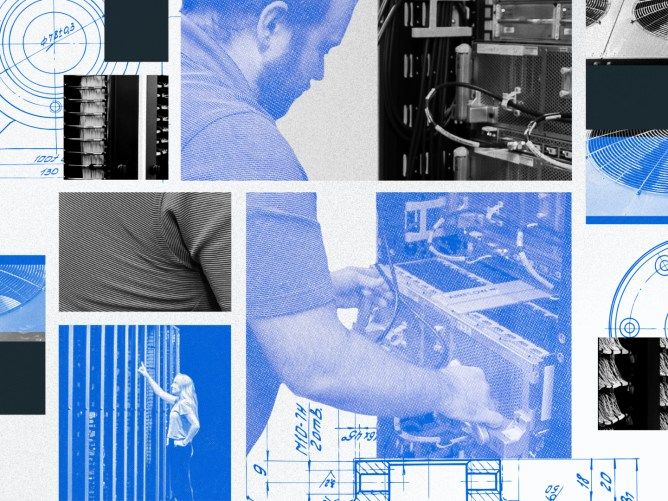Intel is actively courting additional large investors for a discounted equity infusion beyond SoftBank's recently announced $2 billion investment, according to sources familiar with the matter who spoke to CNBC's David Faber. The move comes as the struggling chipmaker faces mounting pressure from the Trump administration to grant government equity stakes in exchange for CHIPS Act funding, creating a complex financing puzzle that could reshape Intel's ownership structure.
Intel just complicated its already messy financing drama. The chipmaker is quietly shopping for additional large investors willing to buy equity at a discount, expanding beyond SoftBank's freshly announced $2 billion lifeline, sources tell CNBC. The revelation sent Intel shares tumbling more than 7% Tuesday, erasing gains from earlier optimism about the SoftBank deal and potential Trump administration support.
The timing couldn't be more precarious. Commerce Secretary Howard Lutnick told CNBC Tuesday that the U.S. government "must receive an equity stake in Intel in exchange for CHIPS Act funds" - a demand that threatens to dilute existing shareholders while Intel desperately needs private capital. "They need money to build whatever it is that the customers may actually, ultimately want," CNBC's David Faber said on "Squawk on the Street." "And having the CHIPS Act money, which is free, so to speak, no strings attached, become equity is not helpful to them because it's dilutive."
This puts Intel in an impossible position. The company has been hemorrhaging market share to competitors like NVIDIA and AMD while missing the AI semiconductor boom entirely. Intel's manufacturing ambitions - a cornerstone of CEO Lip-Bu Tan's turnaround strategy - require massive capital infusions to compete with TSMC and other established foundries. Yet securing that funding means either accepting dilutive government ownership or paying premium rates to private investors.
The political dimension adds another layer of complexity. President Donald Trump initially called for Tan to resign two weeks ago, branding him "highly CONFLICTED" before softening his stance after the CEO's White House visit. This volatility has created uncertainty among potential investors who must now factor political risk into their Intel calculations.












